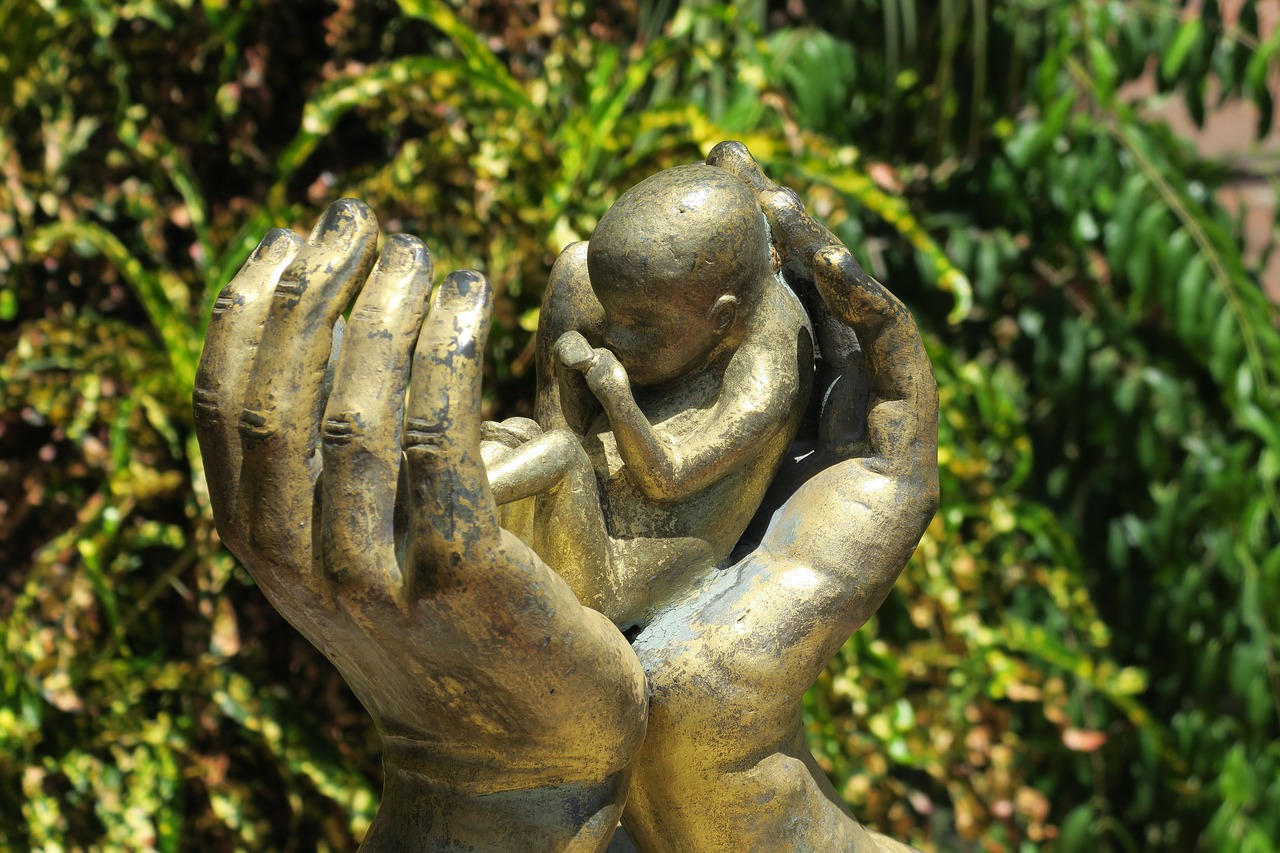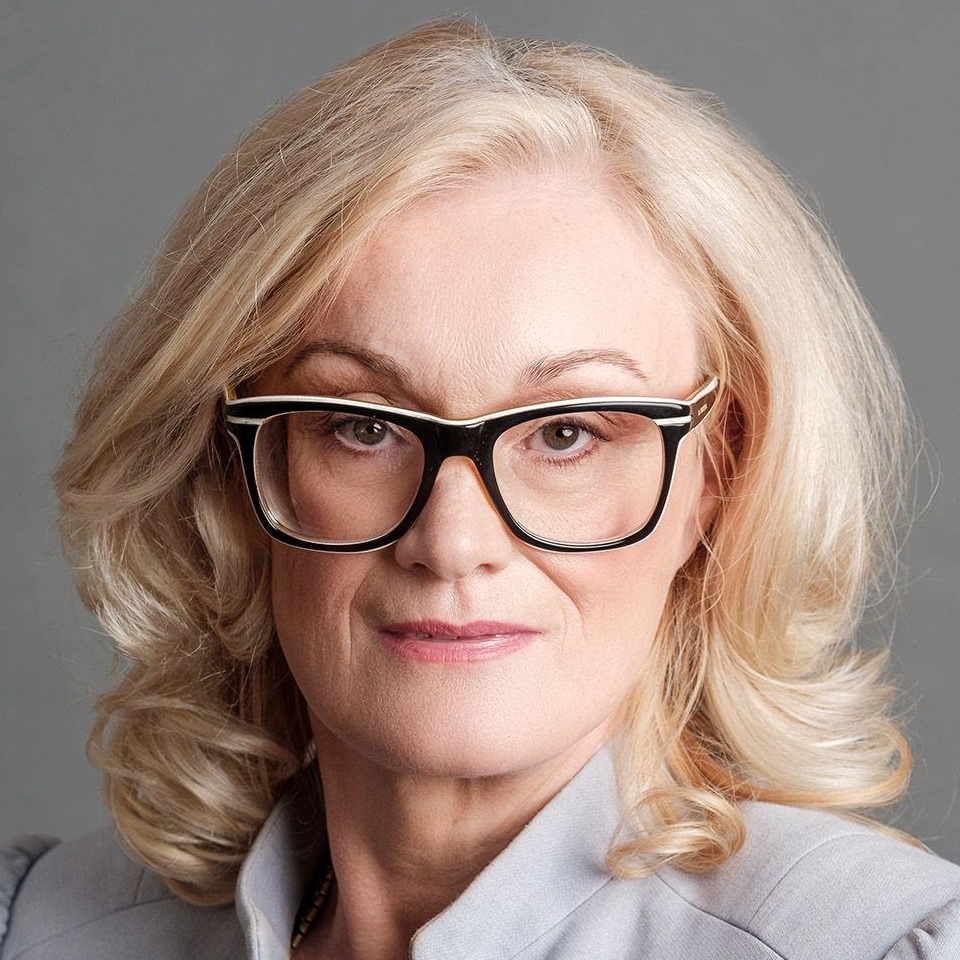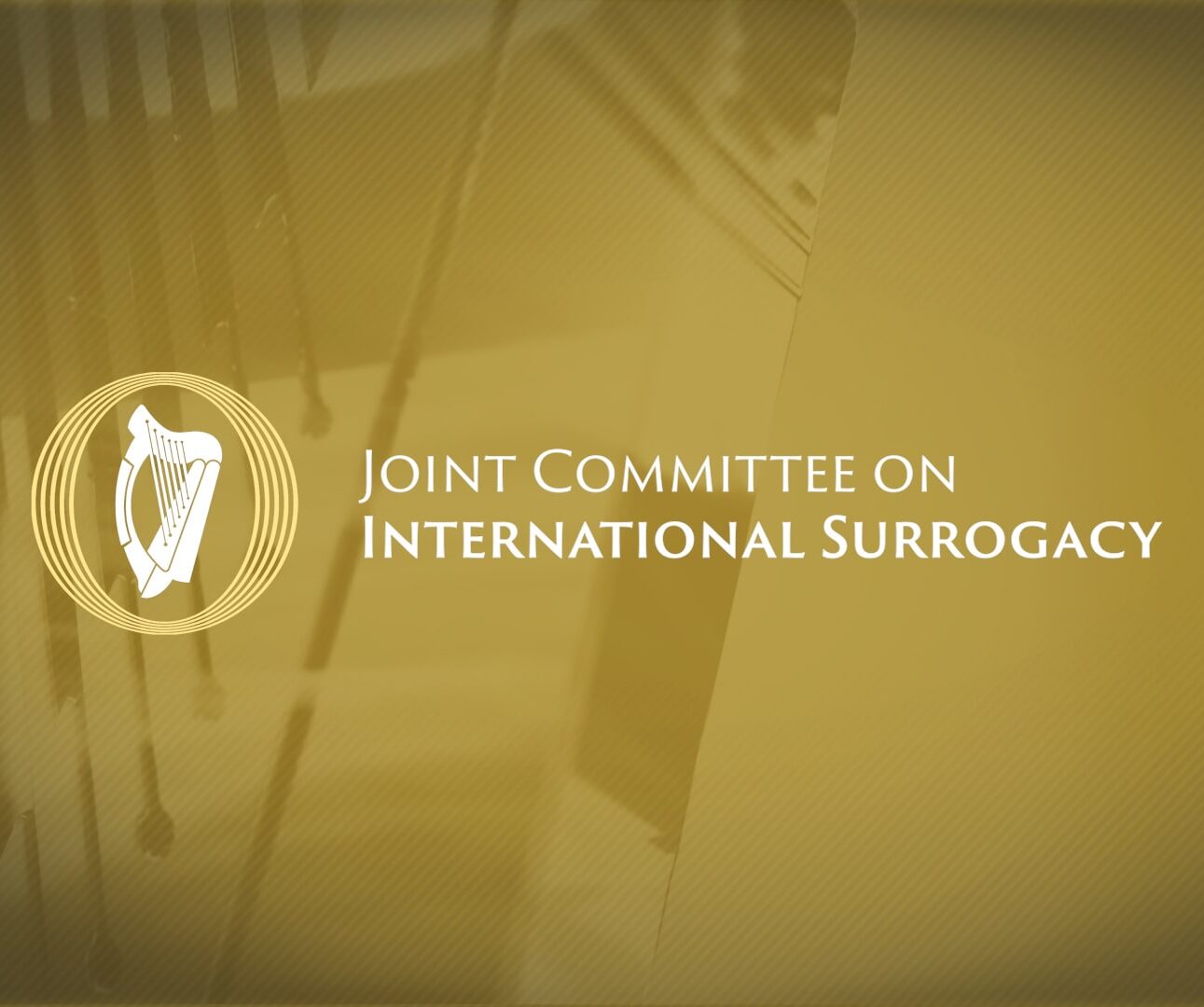A leading Professor of Psychiatry has said that the Catholic Church cannot be blamed for the largest institutions in Ireland used by communities to lock people away from society.
Brendan Kelly of Trinity College Dublin has just published a new book, ‘In Search of Madness: A Psychiatrist’s Travels Through the History of Mental Illness’.
Speaking to Ryan Tubridy on RTE Radio 1, he said in the 1800s, large mental asylums were built all over the world and societies and communities used these institutions to fill them with people with mental illness, with the intellectually disabled, or with those who were simply odd or eccentric. Ireland was no different in that respect where, he said, “we used so many institutions, mother and baby homes, industrial schools, Magdalen laundries”.
However, he added: “but interestingly, the Roman Catholic Church did not run our mental hospitals which were the biggest institutions of all of these, by a very long chalk. So the usual, the current narrative in Irish history, which is that we blame the Roman Catholic Church, and indeed it is blameworthy in many respects, but we don’t have that for the largest institutions in our history, which were the mental hospitals”.
He also commented on the programs of sterilisations that were introduced in some European countries in the 1930s for those in mental asylums. Such programmes existed in Scandinavia and in Germany in 1939, he said it escalated to a program of killing people with mental illness and neurological disorders.
He added: “This was consistent with eugenics, which was a movement in psychiatry at the time, but not interestingly in Ireland. The idea of eugenics didn’t particularly catch on among the Irish asylum doctors”. He did not elaborate as to why but the Catholic Church was consistently opposed to eugenics.




















